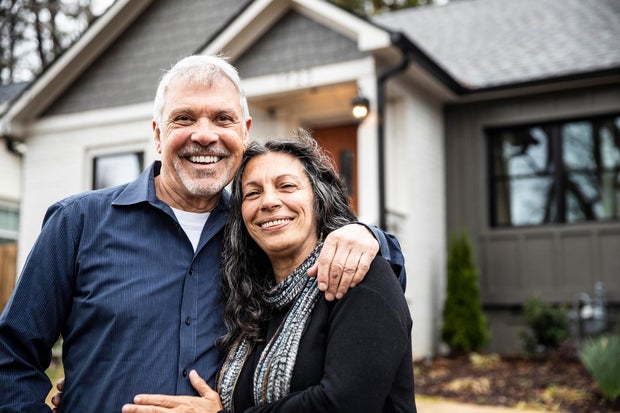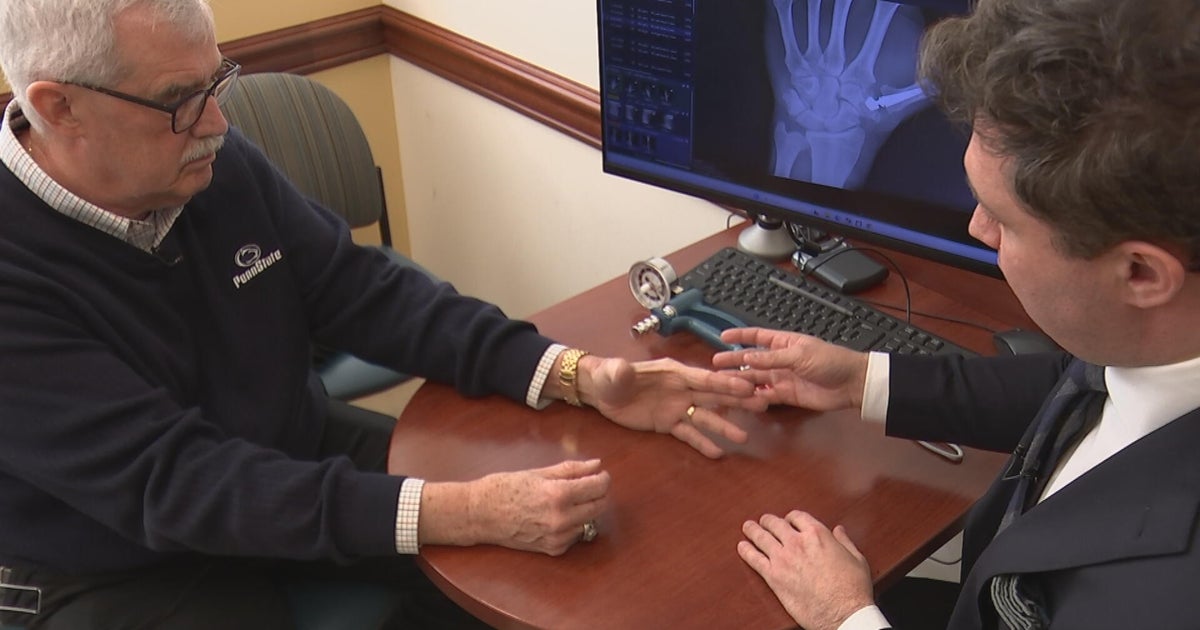Why seniors should consider a reverse mortgage
Ideally, your retirement is a time of ease. You've set aside enough funds to live comfortably and enjoy well-earned rest. But things don't always work out according to plan.
For example, you may have built a solid retirement fund and a sudden big expense has caught you by surprise or you may not have been able to put away as much as you wanted. In these cases, you may need a way to cover the shortfall.
Tapping into your home equity can be a cost-effective way to access much-needed funds. While the most common options are home equity loans and home equity lines of credit (HELOCs), seniors have an additional option: a reverse mortgage.
Reverse mortgages are available to homeowners ages 62 and older who have nearly or entirely paid off their mortgages. They're a unique kind of loan in which the lender pays you rather than the other way around. You can receive the proceeds as either a lump sum, line of credit or in the form of monthly payments, and you don't need to pay the lender as long as you're living in the home.
If you're looking for a source of cash in your retirement, read on to learn how a reverse mortgage can benefit you.
Compare your reverse mortgage options online now.
3 reasons seniors may consider a reverse mortgage
There are many reasons a reverse mortgage could be right for you if you're a senior. Here are three of the big ones.
You can use it for anything you want
There are no restrictions on what you can use your reverse mortgage funds for. You're free to use them however you want, from providing supplemental income to paying for in-home care. This makes them a flexible funding source for a myriad of needs.
Check your eligibility for a reverse mortgage here.
It eliminates your monthly mortgage payment
Most loans require you to make monthly payments to repay the borrowed amount. Reverse mortgages are different. If you still owe money on your mortgage, you must first pay it off using your reverse mortgage funds. This can reduce the total amount you receive from the loan, but it also means you won't have mortgage payments moving forward.
Reverse mortgage payments aren't due until you sell the house, move or die. Once this happens, you or your heirs must pay the amount back out of pocket or with the home's sale proceeds. While you're living in the home you won't have to worry about making monthly mortgage payments. This can give you some extra breathing room in your budget.
You won't pay taxes on it
You do not owe taxes on the reverse mortgage funds. They're essentially tax-free income. As a result, they won't increase your income tax rate or interfere with your Social Security or Medicare benefits.
However, you will need to continue to pay your property taxes (as well as home insurance). If you don't, the lender may foreclose on your home.
The bottom line
While there are many advantages to getting a reverse mortgage, seniors should also be aware of potential drawbacks. For example, since reverse mortgages are secured by your home, you risk losing it if you're unable to pay your property taxes or home insurance. They also come with closing costs and other fees.
To decide if a reverse mortgage is right for you, carefully weigh the pros and cons. If you need additional guidance or have questions, a mortgage specialist can help you.




